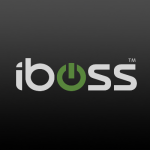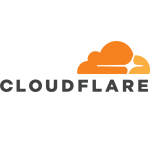We use Zscaler Private Access to authenticate our applications, which provides a more secure way to access the Internet from our work environment. We have multiple policies for different types of users. When new users join the company, they authenticate the VPA application to access the Internet. We use SSL bypass policies, tenant restrictions policies, and Microsoft tenant cloud application policies. We also use File Type Control Policy for all categories of files, and our traffic goes to the WAPAC file and the application. We are using services as per the requirements of our clients.
The most valuable features are the File Type Control and SSL bypass policies. We have multiple options, such as very flexible policies and modules in Zscaler. We will define them based on our requirements and the active Internet. We also have geolocation users. For example, a user from Singapore moves to Dubai. When the user tries to access the Internet, Zscaler automatically detects the geolocation and drives our traffic to the other channel. There is no issue here.
When using a Blue Coat, we have some problems. Sometimes, some of our users have some issues, but once we update the agent, the traffic goes to the current geolocation without any problems, and they can access it. Sometimes, we have some URL categories blocked in our environment, but HPE sometimes removes the block. We request that the vendor to remove the block from the correct URL category. They provide a suitable solution based on the findings.
There is some issue while accessing the portal. It takes too long. It will take longer if I am on the URL Cloud App category and switch to other tabs.
I have been using Zscaler Private Access for five years.
If something happens, they have integration and they send notifications. I rate the solution’s stability a ten out of ten.
If I need to switch the policy to another task, the solution takes time. I rate the solution’s scalability a nine out of ten.
Compared to other proxies, such as Glook and IronPort, Zscaler Private Access is very easy to handle.
The initial setup is easy. You need to configure the proxy tool for the network configuration. They can forward multiple services based on the client's requirements. If we need to use the VPA, we need to authenticate. It takes one day to implement the solution, but for smooth running, it takes around a month because of timely revision.
The solution is expensive.
The categorization issue is dependent on the end user. For example, if I am trying to access a categorized URL but need to access it for work, I should be able to request a change to the categorization. Forcepoint can change the categorization itself, or the client team can do it for me. This is enough to change the categorization to meet the requirements. Overall, I rate the solution a ten out of ten.






















